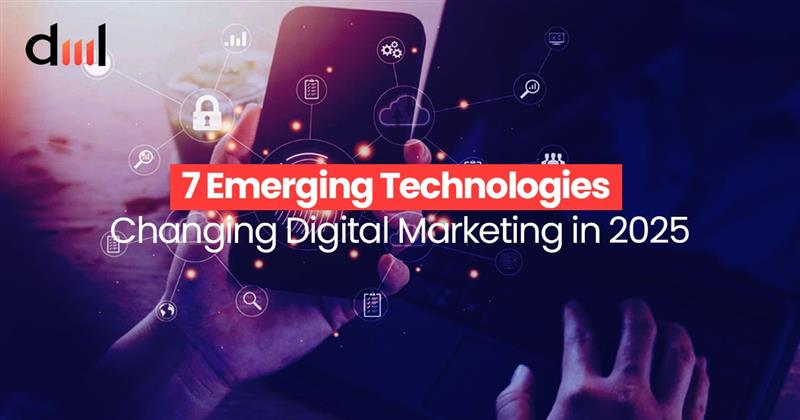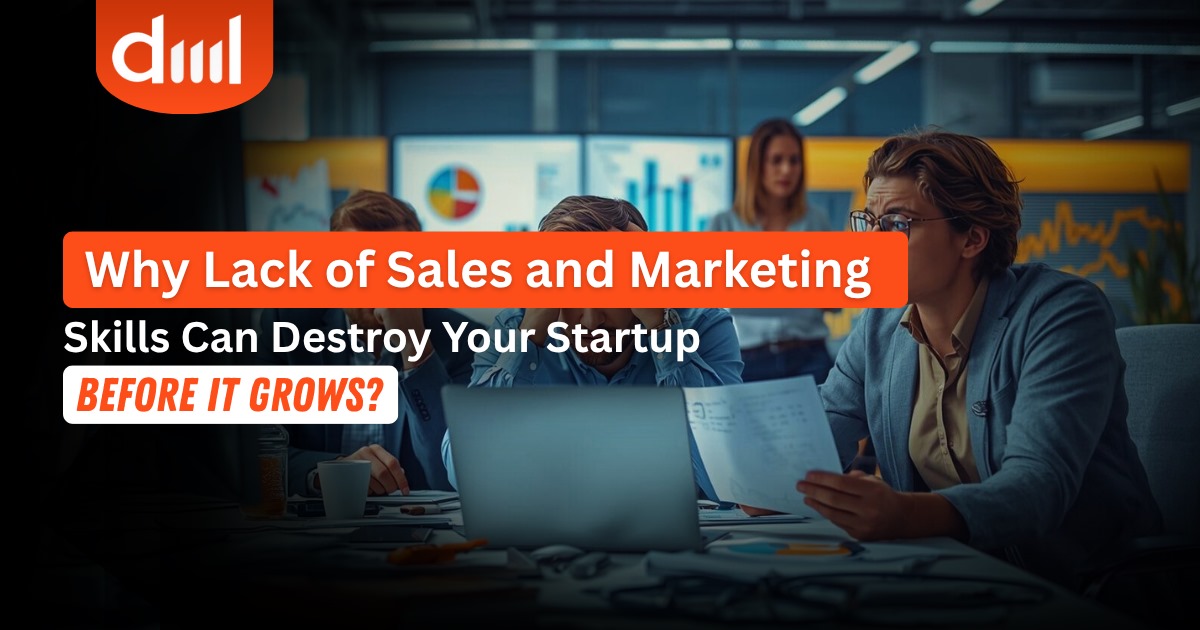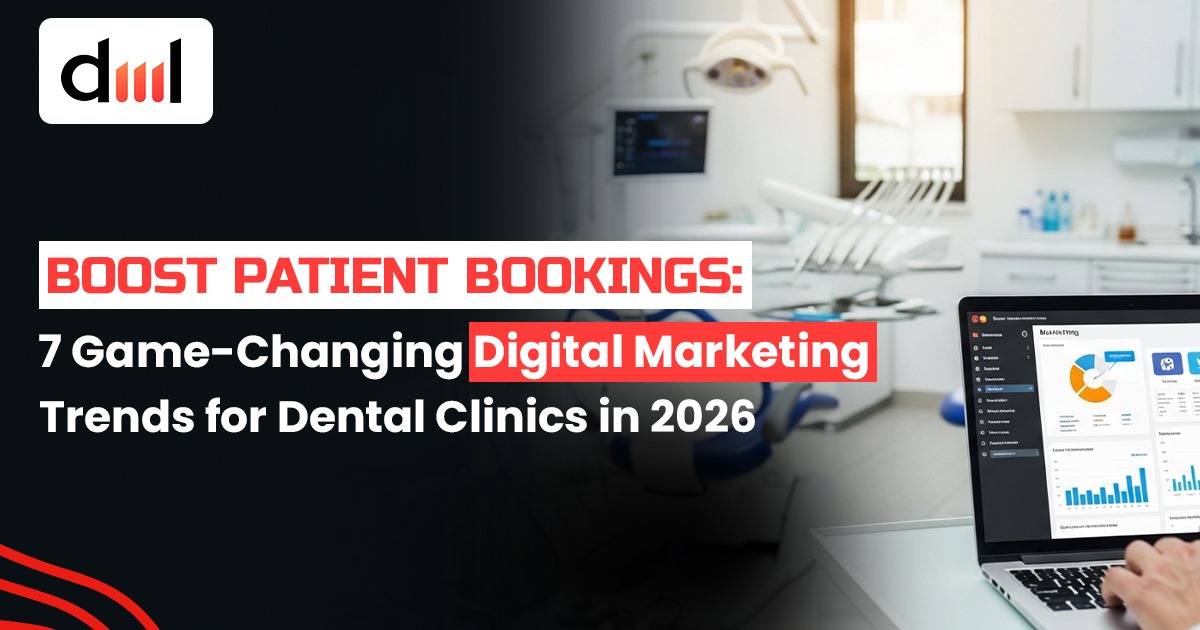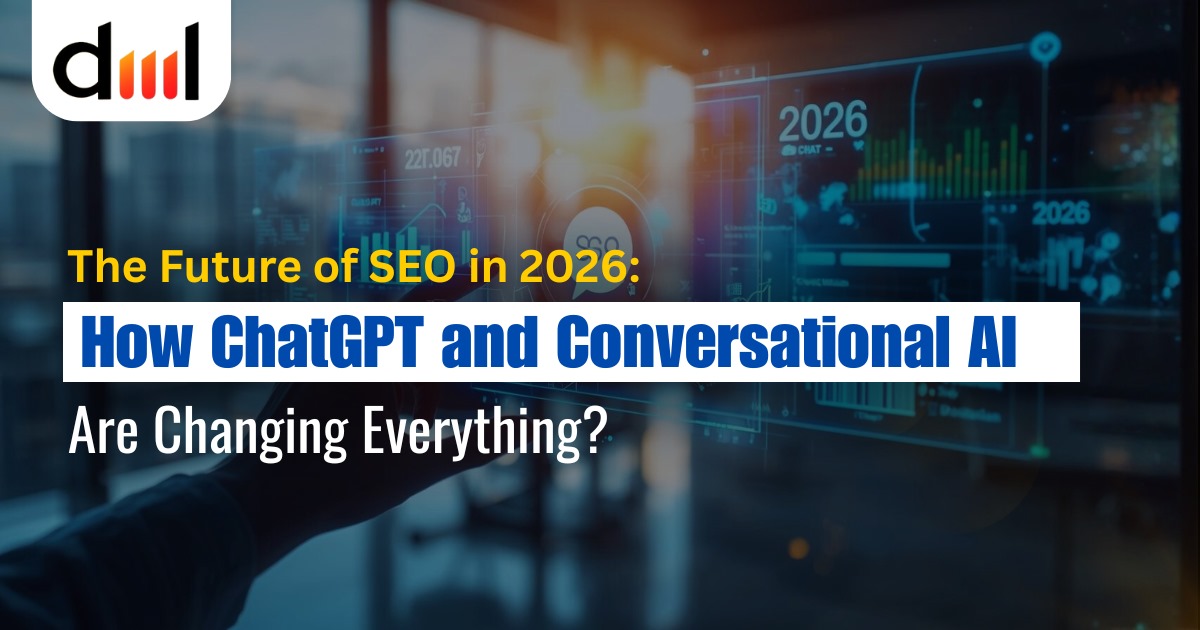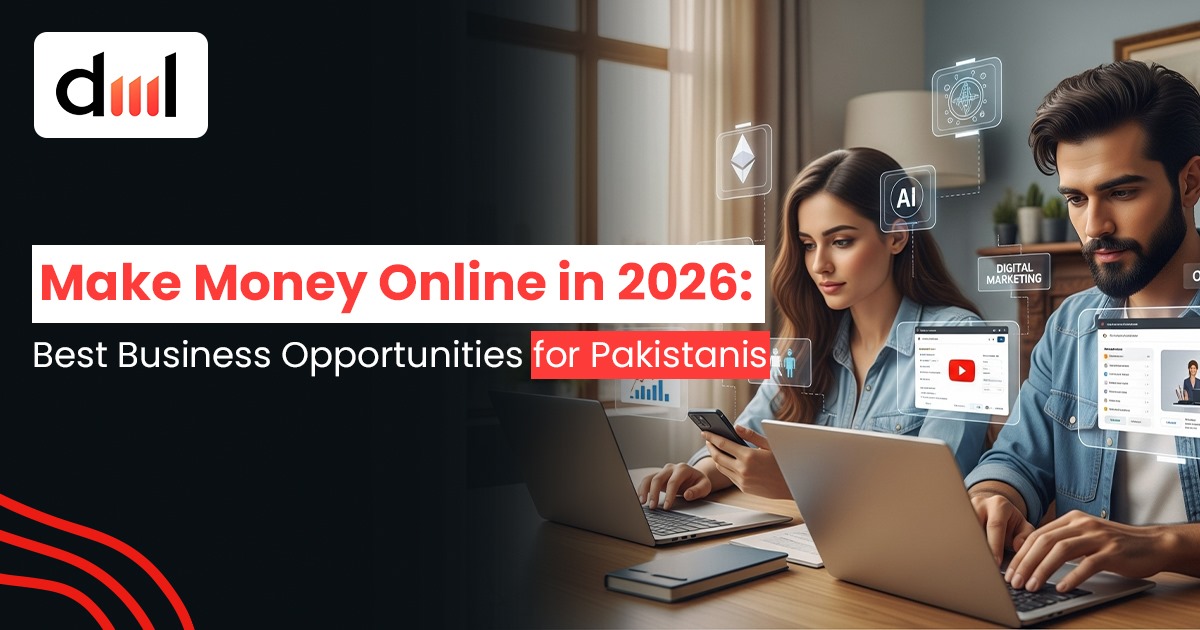The world of digital marketing is undergoing a major transformation, fueled by rapid technological advancements that continue to reshape how brands communicate with their audiences. Digital marketing in 2025 is focused on integrating technologies like AI, AR, 5G, blockchain, and advanced analytics to build deeper, more meaningful connections between brands and consumers. As businesses face growing competition and increasing demands for transparency, efficiency, and personalization, staying ahead of these emerging technologies is no longer optional—it’s a requirement.
At DML Lahore, we believe in not just following trends but setting them. We’ve invested in technology, tools, and talent to ensure that our clients experience the full power of digital innovation. This blog explores the seven most impactful emerging technologies changing the landscape of digital marketing in 2025 and how your business can benefit from adopting them.
7 Emerging Technologies in 2025
1. AI-Powered Marketing Automation
Artificial Intelligence is now at the heart of modern digital marketing strategies. By 2025, AI has advanced much beyond basic automation. Today’s AI tools are capable of learning user behavior, predicting buying intent, optimizing ad performance, and even generating human-like content with minimal human oversight.
AI-powered marketing automation helps businesses streamline repetitive tasks while delivering personalized messaging across multiple channels. Whether it’s sending follow-up emails at optimal times or dynamically adjusting ad bids, AI ensures your strategy is always performing at its peak.
Key Applications:
- Predictive analytics for customer journey mapping
- AI-driven chatbots for instant support
- Dynamic email workflows and segmentation
- Natural Language Processing (NLP) for content optimization
Benefits:
- Reduces manual workload and marketing costs
- Enhances lead scoring and conversion accuracy
- Increases ROI through precision targeting
2. Voice Search and Smart Assistants
The way consumers search for information online has drastically shifted with the rise of voice-enabled technologies. Devices like Amazon Echo, Google Nest, and Apple HomePod are now household essentials. By 2025, voice commands will account for more than half of all internet searches, indicating a dramatic change in how users engage with the system.
SEO, as we know it is being altered by voice search. Users now search in full sentences or questions rather than keywords. For example, instead of typing “best coffee shop Lahore,” users may say, “Where can I find the best coffee shop near me right now?” Marketers must adapt to this change by reconsidering their content strategy and utilizing structured data and voice search-friendly formats such as FAQs.
Why It Matters:
- Users prefer hands-free, fast, and conversational search experiences
- Voice search drives higher mobile traffic and local conversions
- Optimizing for voice helps capture featured snippets and position zero on Google
Optimization Strategies:
- Use conversational language and question-based content
- Implement schema markup and local SEO tactics
- Create content with clear, concise answers to common queries
3. Augmented Reality (AR) and Virtual Reality (VR)
The way people engage with digital information is being completely transformed by AR and VR technologies. No longer limited to entertainment or gaming, these immersive technologies are now being embraced by brands for marketing, customer engagement, and product visualization.
In digital marketing, AR and VR allow brands to offer “try-before-you-buy” experiences. Customers can use AR filters to see how a pair of sunglasses looks on their face or walk through a virtual showroom to explore a new product line. This level of interactivity enhances user experience, reduces return rates, and increases customer confidence in purchasing decisions.
Examples of Use:
- Virtual makeup trials and apparel fitting rooms
- 360° product views and brand experience tours
- Interactive AR ads on social media platforms
Advantages:
- Increases engagement and dwell time on websites
- Creates memorable, immersive brand experiences
- Encourages deeper emotional connection with products
4. Blockchain in Digital Advertising
Blockchain technology, best known for powering cryptocurrencies, is now being adopted in digital marketing to address long-standing issues such as ad fraud, data privacy, and transparency. By offering a decentralized and tamper-proof ledger system, blockchain helps marketers build trust and accountability with both clients and consumers.
In digital marketing, blockchain ensures that ad impressions are genuine, viewable by real users, and verifiable. Advertisers can also create smart contracts that release payments only when predetermined results are achieved, making performance-based marketing more efficient and transparent.
Key Uses:
- Fraud detection and prevention in programmatic advertising
- Transparent reporting of ad impressions and conversions
- Decentralized identity management and consent tracking
Benefits:
- Protects user data and improves GDPR compliance
- Builds trust between advertisers, publishers, and customers
- Lowers costs by eliminating intermediaries.
5. Programmatic Advertising Evolution
Programmatic advertising, which uses AI and real-time bidding to purchase digital ad inventory, has matured significantly by 2025. It is no longer just about automation—it’s about intelligent automation. With improved data analysis and user profiling, programmatic ad platforms can now target individuals based on their behavior, interests, location, and even mood.
This technology allows brands to serve highly personalized ads across devices and platforms, at the right time and in the right context. It minimizes wasteful spending and ensures that marketing budgets are used efficiently.
What’s New in 2025:
- AI-powered contextual targeting
- Real-time sentiment analysis for ad placement
- Cross-device targeting with improved accuracy
Business Impact:
- Higher click-through rates (CTR)
- Better cost-per-click (CPC) efficiency
- Real-time optimization of campaigns based on user actions
6. 5G and Hyper-Personalized Mobile Experiences
The advent of 5G networks is revolutionizing mobile advertising. With ultra-fast data speeds, lower latency, and increased bandwidth, 5G allows marketers to deliver richer content and more interactive experiences on mobile devices.
Mobile experiences are not only faster but smarter. Marketers can personalize app content, push notifications, and mobile ads in real time based on user location, preferences, and past interactions. The seamless delivery of video, AR, and gamified content on 5G has also boosted engagement and conversion rates dramatically.
How 5G Enhances Marketing:
- Faster loading of mobile websites and apps
- Improved delivery of high-quality video and AR content
- Real-time analytics and content customization
Personalization Trends:
- Dynamic content feeds
- Location-based offers and loyalty programs
- Interactive mobile ads and in-app experiences
7. Predictive Analytics and Big Data
Data is the new oil in the digital age. Predictive analytics, driven by big data, has emerged as a cornerstone of digital marketing. It enables forecasting for brand trends, understand consumer behavior, and make informed decisions based on massive datasets.
With advanced data analytics, marketers can anticipate what a customer wants even before they express it. This leads to better targeting, smarter messaging, and increased conversion rates. By analyzing browsing behavior, purchase history, and demographic data, businesses can segment audiences more accurately and tailor their outreach accordingly.
Major Applications:
- Forecasting sales and customer demand
- Behavioral segmentation and persona development
- Identifying churn risks and re-engagement opportunities
Key Benefits:
- Informed, strategic decision-making
- Higher customer retention rates
- Increased marketing ROI through better targeting
DML Lahore: Forefront of the Technological Revolution
Digital marketing in 2025 is vastly different from what it was just a few years ago. Marketers must embrace a forward-thinking mindset and invest in technologies that enhance customer experience, improve efficiency, and deliver results. The seven technologies discussed—AI, voice search, AR/VR, blockchain, programmatic ads, 5G, and predictive analytics—are revolutionizing the way brands operate and interact with their audiences.
We at DML Lahore are honored to be leading this technological revolution. Our team is dedicated to helping businesses navigate these changes and seize new opportunities through innovative and data-driven marketing strategies. By embracing these emerging technologies, brands can build stronger connections, grow their customer base, and thrive in the digital future.
FAQs
What is the most impactful technology in digital marketing in 2025?
Artificial Intelligence is arguably the most impactful, as it powers automation, personalization, content generation, and decision-making across all marketing channels.
How can voice search improve my SEO strategy?
Optimizing for voice search helps you appear in featured snippets and improves visibility in local and mobile searches. It also aligns content with natural, conversational queries.
What industries benefit most from AR and VR marketing?
The retail, fashion, real estate, education, and entertainment industries benefit significantly from the immersive and interactive nature of AR/VR experiences.
Is blockchain practical for small businesses in marketing?
Yes, blockchain can help small businesses reduce fraud, improve transparency, and protect customer data, making it ideal for trust-building in digital campaigns.
Why should businesses prioritize 5G mobile experiences?
5G enhances user experience with faster content delivery, richer visuals, and real-time personalization—essential for keeping mobile-first consumers engaged.

